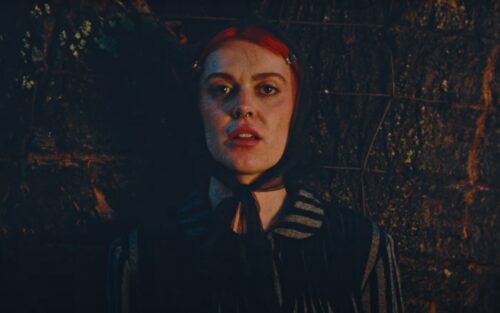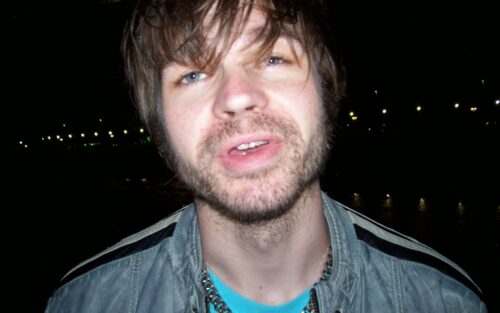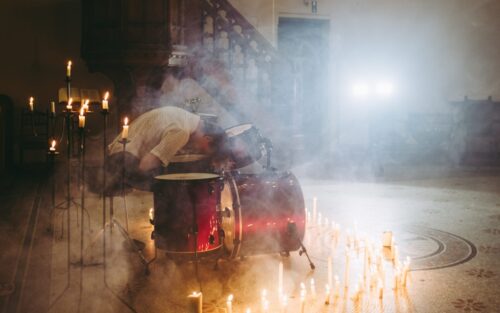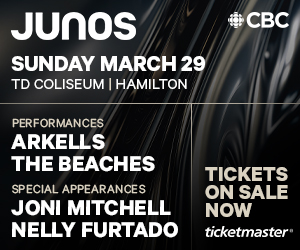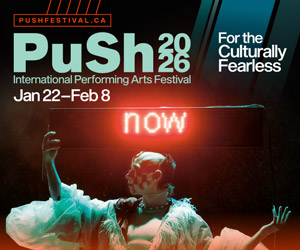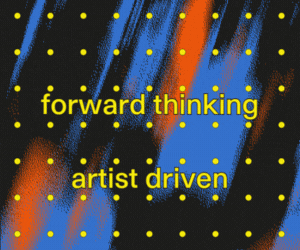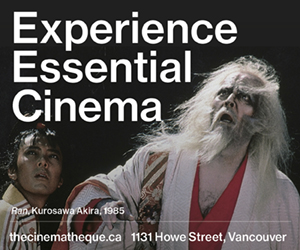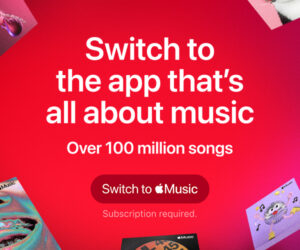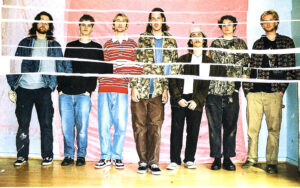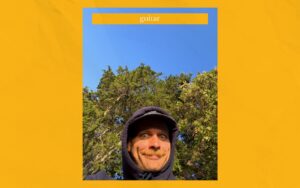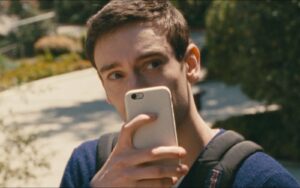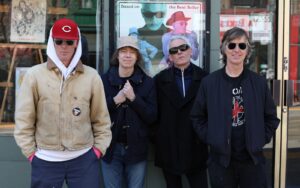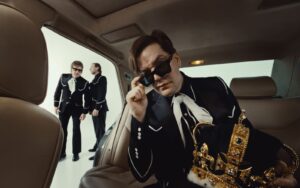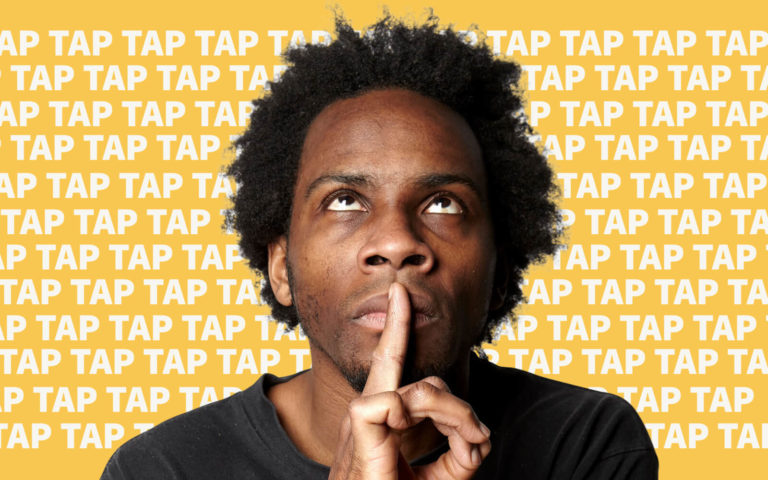
Arlo Maverick Is On Tap Of The World
The Edmonton rapper is obsessed with the excess on new single, “Tap It.”
by Daniel McIntosh
- Published on
Arlo Maverick has something to say. The Edmonton-based MC draws inspiration from hip-hop’s golden era greats, using his music and his message to frame his political and personal experiences. Earlier this year, Maverick set his sights on the triviality of police brutality with his insightful “Hashtag” video.
His new single, “Tap It,” and its accompanying video explores narcissistic consumerism and generational wealth in the form of a powerful parable. Never at home in just one world, Maverick also directed the video, which features a young woman shirking off her responsibilities at home while draining credit cards and chasing a lifestyle she can’t afford.
The track—a delicate fusion of conscious hip-hop, soca and club-ready electro—is supported by Oozeela, whose droning “tap, tap, tap it” serves as a hypnotic command before launching into a heavy-hitting chorus.
RANGE caught up with Maverick ahead of his premiere for “Tap It” to chat about learning composition in church, songwriting as therapy, and get some clues about his upcoming Soul Merchant EP, out July 9.
How would you describe your sound and approach to songwriting?
I think stylistically my sound is balanced in the sensibilities of golden-era and modern day hip-hop. My lyrics can be dense at times and very layered, but I play with a lot of melody, which has come to define so much of hip-hop. My approach to songwriting varies. Sometimes a song will come about from a conversation with a random stranger whose perspective I feel needs to be heard. Sometimes I use music as therapy to constructively channel my thoughts and emotions. And more often than not, I’m acting as a journalist speaking for those who don’t have a voice.
I want my catalogue to one day be compared to the likes of 2Pac and Nas. Both MCs were well rounded and touched on so many subjects. I’ve talked about everything from Black women’s experience in the workplace to the importance of teaching your children how to be entrepreneurs. To me, hip-hop is too powerful of a culture to only rap about having fun.
How did you get into writing and recording music?
My introduction to songwriting happened in church when I saw my pastor’s daughter writing a rap song. Her name was Debbie Carpenter. She was older than me and I looked up to her and her brothers. They were up on the latest songs, slang, and fashion. They were the epitome of cool. So here I was as this nine-year-old who had never written a song, but I was witnessing Debbie’s process as she wrote lines, crossed out ideas, pondered on what would be a better line and wrote again. It was the first time I’d ever seen someone compose a song – rap or otherwise. That essentially began my journey. I would spend hours locked up in my room listening to hip-hop music and trying to emulate artists that I liked.
What kind of music did you grow up listening to?
My household was quite diverse. My grandmother listened to gospel music. My aunt and uncle listened to funk, pop, soca, calypso, reggae, R&B, and soul. My older cousin Donavon listened to reggae, soul, and hip-hop. He’s actually the reason I got into hip-hop. Once I was able to listen to my own music I gravitated to hip-hop, soul, reggae, and R&B.
Listening back on your upcoming EP, Soul Merchant, what are some things that you are particularly proud of?
I’m proud that I tackled subjects that aren’t often talked about. I think my approach to these subjects can help be a catalyst to more in-depth conversations that hopefully lead to social, systemic, and political change. I’m also proud of being able to play a role in introducing so many great MCs and singers to music lovers. I’m part of a great music community and I want to use my platforms to help raise awareness of this community. Hopefully they discover songs and albums that become a part of their lives.
Where did you record it? Was this a pandemic project?
It is indeed a pandemic project. The only two songs that weren’t created during the last year are “Tap It” and “Colour Blind.” Everything else was created over the last year. Some songs were recorded out of Velveteen Music here in Edmonton, but most of it was recorded in my home studio, with the exception of verses that had to be emailed because of the restrictions.
What is life for you like in Edmonton these days? What does an average day consist of?
My day-to-day activities range from filming vlogs, rehearsing with my band, writing new music, researching the music industry to stay ahead, planning for the EP release. I have a very small team, so the workload never stops.
Any plans for any live streams or touring this summer once restrictions lift?
I do have plans for live streams, but as for touring probably not until a little later in the year. Last summer my band and I performed at a lot of outdoor concerts in backyards, driveways, cul-de-sacs, and parking lots. The shows were more intimate and allowed us to make fans of people who would have never thought to come to a hip-hop show. We have booked quite a few outdoor shows around Alberta this summer, but should the opportunity arise to possibly do shows in other provinces, we are not opposed to it.
By Stephan Boissonneault
Nate Amos revisits a decade of stray ideas and turns them into his most compelling record yet.
By Khagan Aslanov
Mike Wallace’s electro-punk project premieres the hypnotic, percussion-driven video for "Certain Days."

